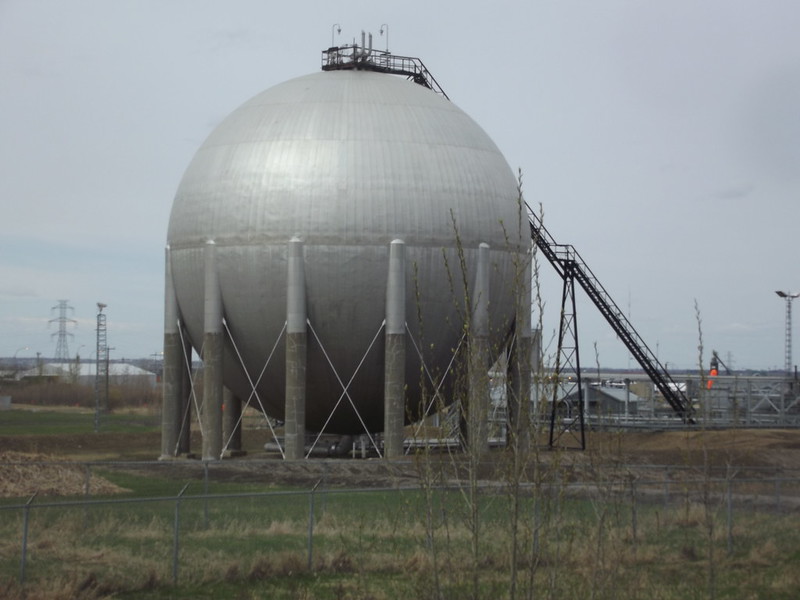Saving, Investing And Storage

Photo Credit: Jason Woodhead
Forget the United States Oil Fund — if you want to own oil, buy a tank and store the oil on your own property. 😉
This should be a short post. Buffett likes to own T-bills when he doesn’t have anything that he wants to buy. Why? He is storing value until the time comes when he can buy something that he thinks offers a superb return over the long haul.
And now for something that seems completely different: commodity investing, when it was introduced in the nineties, offered “yield” from rolling the futures contracts from month-to-month. That ended when the trade got too crowded, and the “yield” went negative. The ETFs that pursued these strategies were inventory financing charities in disguise. They still are, even though their strategies are more complex than they were.
Think for a moment. Why should you earn a yield-type return off of owning a commodity? Really, that should not exist unless there is a scarcity of speculators willing to let producers hedge their risk with them. There is a speculative return, positive or negative, from holding a commodity, but in the present environment, where there is no lack of people willing to hold commodities, there is no yield-like return, unless it is negative.
As a result, commodities should be viewed as storage, not an investment. Do you think in the long run that gold will be more valuable than it is today? It might be wise to store some away. That said, you have to be careful here. In inflation-adjusted terms, most commodities have gotten cheaper over time, with occasional violent rallies that convince people to speculate (all too late).
Storage is not investing. Storage tucks something away, and it will not change, even if its price changes because of changes in the economy.
Investing is far less certain — you can lend to or buy equity in a venture which could produce astounding returns, or you could lose it all, or something in-between. With investing, it is rare that you will end up with what you started with.
This is not to say that storage is a bad thing — we exchange our savings in bank balances to store value in a different form. A bank could go bust. If enough go bust at the same time, value could be lost if the government does not back up the FDIC. Holding T-bills preserves value to the degree that the government is willing to pay on its own debts in fiat currency, which is pretty likely.
Holding a commodity with a price you think will correlate strongly with the prices you will experience in retirement is not a bad idea. That said, it is storage. It will not grow your purchasing power the way that investment will.
As such, I encourage you to mostly invest, and store a little. Storage is more certain, but has no return. Investing has returns, both positive and negative, but generally over time provides more value than storage.
PS — owning a home, except in a crowded area that is growing, is not an investment but is storage. You should not expect capital gains in real terms from owning a house. That said, it will provide you with rent-free living for a long time once the mortgage is paid off. (Please ignore the property taxes, insurance and maintenance costs.)
Disclaimer: David Merkel is an investment professional, and like every investment professional, he makes mistakes. David encourages you to do your own independent "due diligence" on ...
more


